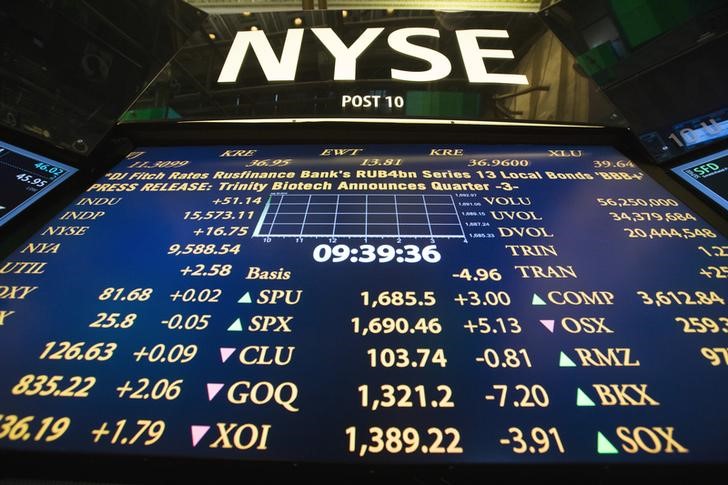Beijing has funnelled US$231 billion (A$347 billion) into domestic electric vehicle (EV) companies in the past 15 years, sparking a surge in innovation and manufacturing. But its aggressive push to dominate the global EV market has come under scrutiny, with revelations of substantial financial backing from the Chinese Communist Party.
This immense funding has enabled Chinese brands to saturate international markets and significantly undercut Western competitors on price. US President Joe Biden said, "They’re flooding the market. It’s not competing – it’s cheating."
The White House has raised concerns about technology-sharing agreements between Beijing and Western companies, suggesting that these deals result in stolen technology.
Scott Kennedy, a China analyst at the Centre for Strategic and International Studies (CSIS), said the US$231 billion estimate is likely conservative with his analysis indicating that the EV “war” will only intensify in the coming months.
In 2023, global EV sales, including hybrids, reached 13.6 million units, a 30% increase from the previous year. China's domestic market alone accounted for 7.9 million EVs sold, a number expected to rise to 10 million in 2024.
"Before most people could realise the extent of what was happening, China became a world leader in making and buying EVs," noted MIT Technology Review reporter Zeyi Yang.
The West fights back
The surge of Chinese EVs has prompted Western automakers to react. In May, Biden announced a quadrupling of import taxes on Chinese-manufactured EVs to 100%. The European Union followed suit with tariffs up to 48%, citing unfair subsidies benefiting Chinese EVs. Canada is also considering similar measures after a dramatic increase in Chinese EV imports.
"Chinese EVs have benefited from massive industrial policy support ... but their quality is improving, making them attractive to domestic and overseas consumers," said Kennedy. He also pointed out that Western automakers and governments had been slow to respond, contributing to their lag in the EV race.
However, Australia remains open to Chinese EV imports to boost local EV adoption. Prime Minister Anthony Albanese's climate commitments hinge on increasing EV uptake and cheaper Chinese models are seen as beneficial.
Swinburne University's Hussein Dia said, "Cheaper EVs are good news for consumers in Australia. Providing these options means improving our chances to achieve the mandated emissions reduction targets."
